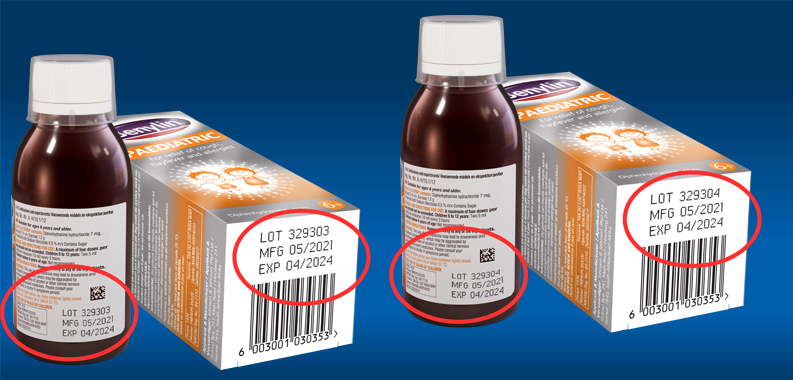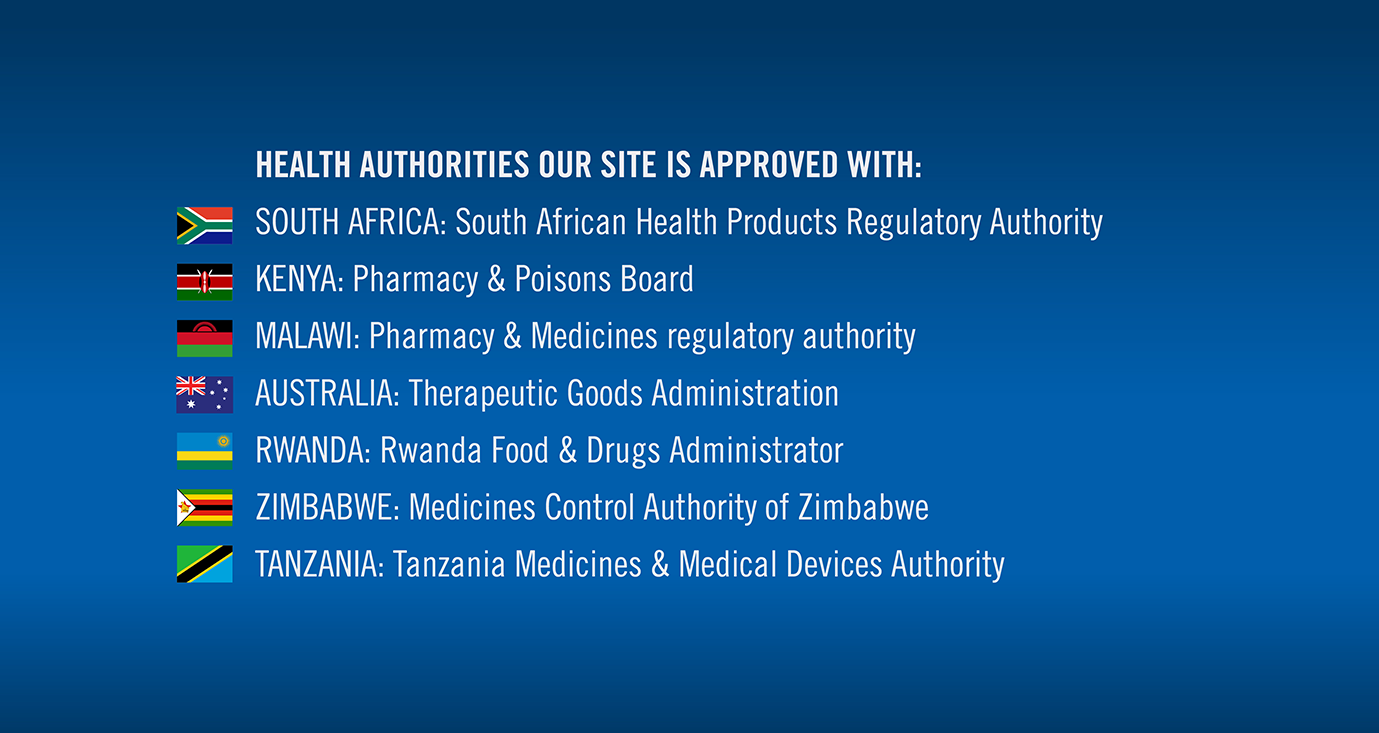BENYLIN® Paediatric Recall
banners-06.png

Statement from Kenvue, the makers of BENYLIN®
We welcome the statement by the South African Health Product Regulatory Authority (SAHPRA) reaffirming the safety of the batches of Benylin® Paediatric Syrup that were subject to the recall.
Using the testing method recommended by the World Health Organization, SAHPRA independently tested the relevant batches. Kenvue also tested the batches 329303 and 329304 using the WHO-recommended method. Both these tests found no presence of diethylene glycol (DEG) or ethylene glycol (EG). There were no adverse events reported for batches 329303 and 329304.
We follow strict, and robust safety and quality processes to ensure that consumers can trust our products and stand by the safety of our Benylin® range.
Which Benylin products have been recalled by authorities?
Benylin® Paediatric Syrup in Batches 329303 and 329304 products released in May 2021 and up to 11 April 2024.
Where is Benylin® Paediatric Syrup distributed to?
Batches 329303 and 329304 were distributed to South Africa, Nigeria, Kenya, Tanzania, Rwanda, eSwatini and Zambia.
How do I check if my Benylin Product has expired?
Locate the expiry date and Batch number or LOT number on the bottom of the carton. If you have already thrown away your carton, locate the expiry date on the bottle label. Please note the difference between Manufacture date shown as “MFG”, and expiry date as “EXP”.
mfg-exp.png

Does Benylin Paediatric Syrup contain diethylene glycol (DEG)?
No ingredient in Benylin® Paediatric contains directly or indirectly diethylene glycol. Furthermore, no ingredient in Benylin® Paediatric can degrade or transform into diethylene glycol through the manufacturing process or through the product expiration.
What is DEG and how does it occur?
Diethylene glycol (DEG) is an organic compound with a number of industrial uses.
No ingredient in Benylin® Paediatric contains directly or indirectly diethylene glycol. Furthermore, no ingredient in Benylin® Paediatric can degrade or transform into diethylene glycol through the manufacturing process or through the product expiration.
Diethylene glycol can have significant health consequences if consumed above the permissible limits (not more than 0.1 percent).
What tests are used to detect Diethylene glycol (DEG) and Ethylene glycol (EG) in Benylin Paediatric Syrup?
There are two widely used methods to test medicines for the presence of DEG and EG:
- Gas Chromatography (GC)
- Thin-Layer Chromatography (TLC)
- Our tests were carried out according to the World Health Organization-recommended testing method, gas chromatography
How can consumers recognise an authentic Benylin product from a counterfeit product?
Authentic Benylin products will have a clearly displayed:
- Batch number or LOT number
- Expiry date
- An unbroken tamper evidence seal
What is the guidance to consumers who may have purchased these batches?
We want to reassure consumers that our tests, using the WHO-recommended testing methodology detected no presence of DEG or EG. We have shared these results with the WHO and health authorities and will work with them on determining the appropriate course of action. These batches expired in April 2024.
If you have purchased a product from the affected batch: If you are in possession of Benylin® Paediatric Syrup in Batches 329303 and 329304 products released in May 2021 and up to 11 April 2024 and have not opened or used the product, as a precautionary measure, we advise you not to open and / or use the product, and to return the product to the pharmacy where you bought the product for a full refund.
For more information, For questions or details regarding BENYLIN® Paediatric Syrup, please contact our Consumer Care Team on 0860 410032 (SA only) or e-mail [email protected].
Can you confirm the safety of the Benylin range of products?
We stand by the safety of our Benylin range of products. We follow strict, and robust safety & quality processes to ensure that consumers can trust our products.
How do you ensure the safety of your products?
A commitment to quality, safety and compliance is fundamental to us at Kenvue. We maintain our commitment to end-to-end quality excellence and safety across all stages of a product lifecycle through our quality and safety management approach. Our Quality System Principles define the requirements that Kenvue must meet to design, make, deliver and monitor the safety of our products, and if needed, take risk minimisation actions including in case of quality issues correcting or recalling products from the market.
What do you mean by “Over 2500 checks in every bottle”?
| Summary: | Checks | |
| Raw Material Testing | Raw Material Laboratory Testing - which includes analytical, physical and microbiological testing. | 285 |
| Manufacturing and Packaging Checks | In process Checks - during manufacturing and packaging | 1107 |
| Lab Bulk & Final Product Checks and Testing | Bulk and Final Product - analytical, physical and microbiological testing | 149 |
| Lot Release Checks | Batch Release | 1279 |
| Total | 2820 |
How do you ensure medicines that are past their expiration date are not sold to patients?
We have a system that automatically blocks medicines being shipped to the customer that have an expiry date of 6 months or less as per the local requirements.
Where is the product made?
Benylin® Paediatric Syrup is manufactured by Johnson & Johnson (Pty) Ltd. in Cape Town, South Africa.
This manufacturing site has also been audited and approved by:
banners-05-edited.png

Benylin Cough Range
ASK YOUR PHARMACIST about the Benylin® solution for you and your family.
Common Cold vs Flu
Learn the differences and signs and sypmtoms of the common cold and flu.
Tips for Cough & Cold Relief
Tips for cough and cold relief is as easy as staying hydrated, keeping good hygiene and sleeping well.
References
References
